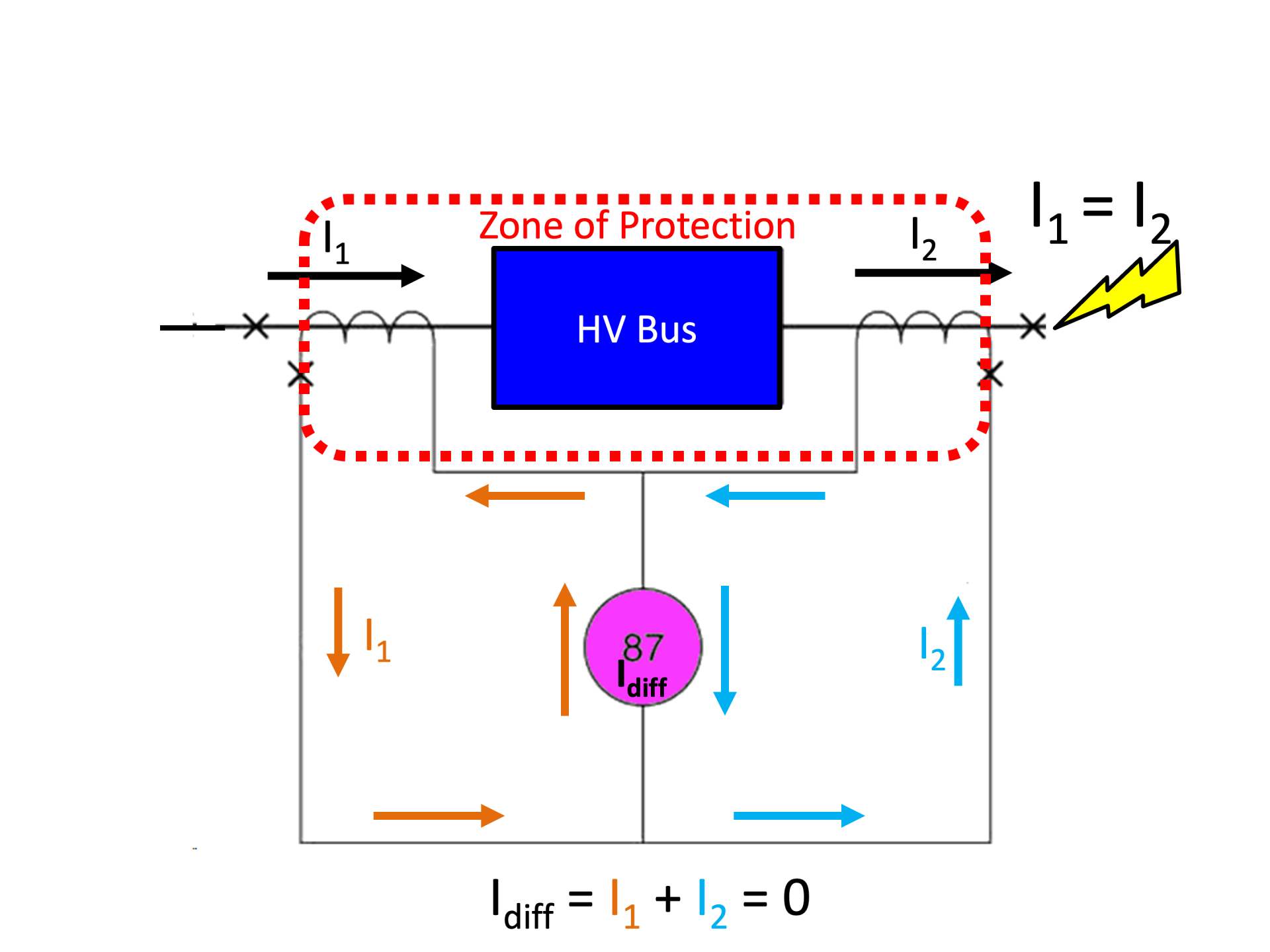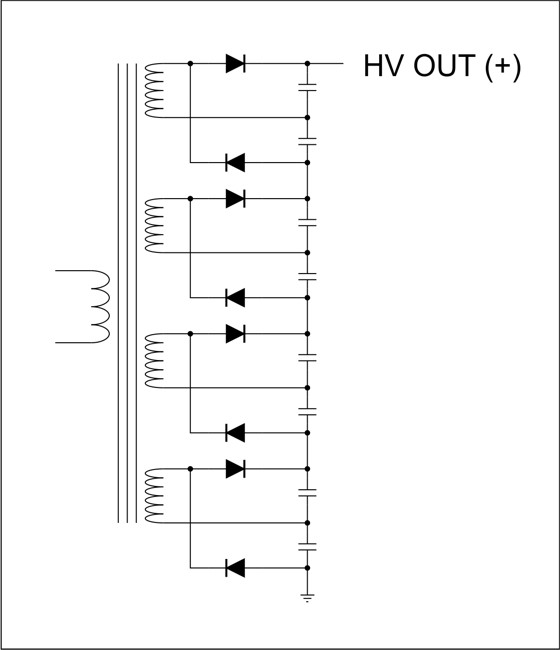Pattern of high voltage circuits in technological Circuit Diagram The design of high voltage circuits is one of proper material specifications and separating clearances. The destruction of high voltage printed circuit boards is from two sources, direct arc over and corona production. Direct arc over occurs when the voltage potential exceeds the dielectric's Because of the FR4 limitations, high voltage laminates that have a non-conductive base layer and prevent arcing serve as the gold standard for high voltage circuit design. High voltage laminates have higher levels of resin and glass that standard board materials. Using the correct copper thickness and weight also assists with good high voltage HIGH-VOLTAGE PCB DESIGN www.altium.com HIGH VOLTAGE PCB DESIGN When it comes to designing high voltage PCBs, it's important to ensure your layout is able to control and optimize electric field enough and I needed to change the BUCK design that was part of the AC/DC circuit. In the non-form factor board all that took was a

High voltage PCB operates at greater voltages than the typical rail voltage. Mains-powered power supply, Inverters, and EV chargers are examples of this type of board. High voltage does not have a predetermined threshold. A good starting point would be 100 volts for printed circuit boards—this is the normal range of voltage. However, over 100 volts need extra considerations that you would What Is a High Voltage Circuit Board? A high voltage circuit board handles voltages significantly higher than those in standard electronics, often exceeding 1000V. This necessitates specific design features to maintain performance and ensure safety. Overvoltage conditions can lead to issues such as:

High Voltage Circuit Design Guidelines and Materials Circuit Diagram
A PCB with high standards for insulation could also require materials that succeed in high-vacuum or high-pressure applications. High Voltage PCB Design Tips Once you choose your PCB's materials, your manufacturer should follow design principles that increase its suitability for high voltage DC bias, such as: This was because--as a 2006 report stated--"designers did not take the high voltage problems seriously in the initial design." High-voltage circuit design demands a more rigorous approach than typical PCB designs, especially in high-density layouts. Designers must understand insulation, board materials, clearance, creepage, altitude, and 3.Heavy Copper Circuits in High Voltage PCB Design. Heavy copper circuits are usually manufactured with copper weighing between 4 oz/ft2 and 20 oz/ft2. There are also instances in which copper weighing anything between 20 oz/ft2 to 200 oz/ft2 are used. This is referred to as extreme copper.

High voltage circuit boards power advanced technologies including industrial machinery, electric vehicles and many other renewable energy systems. The difference between an LV PCB and an HV PCB is the design considerations. High voltage PCBs are designed using strict standards, larger clearance and creepage, and materials having higher Techniques For Effective High Voltage PCB Layout. Designing a high voltage printed circuit board (PCB) requires meticulous attention to detail and adherence to specific guidelines to ensure safety, reliability, and performance. One of the primary considerations in high voltage PCB design is the spacing between conductive elements.
